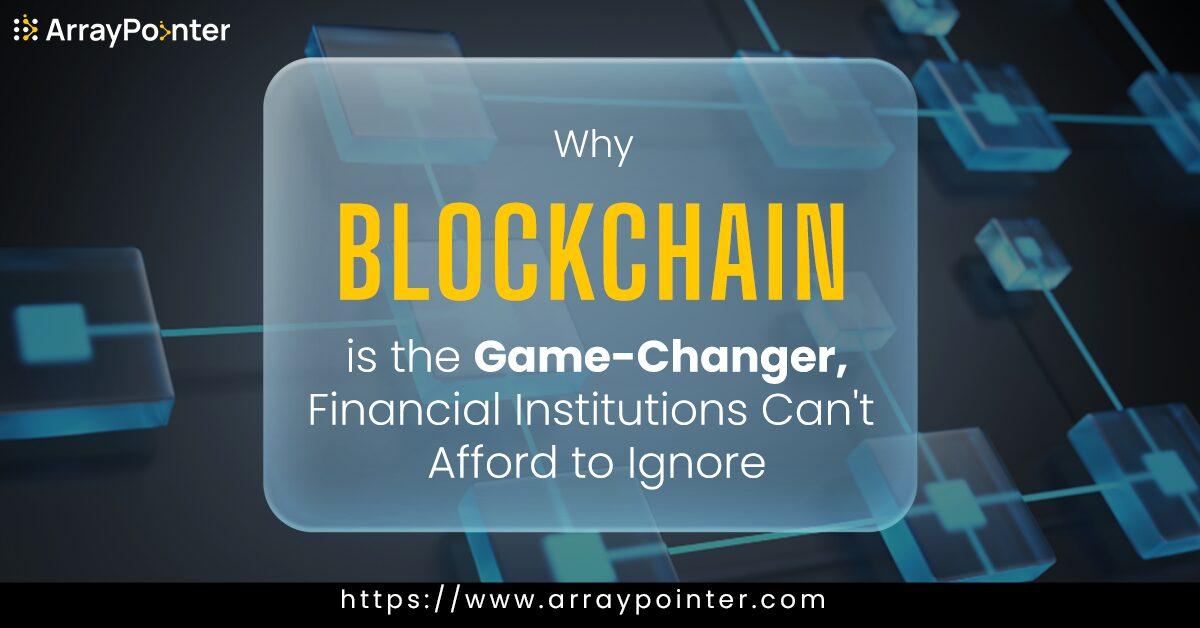In today’s fast-paced financial landscape, businesses and consumers are demanding faster, more secure, and transparent financial services. Yet, traditional banking systems, such as SWIFT and ACH, are struggling to keep up. These systems, while reliable, come with major drawbacks—slow transaction speeds, high fees, and limited transparency. Enter blockchain technology, a disruptive force that’s poised to reshape how financial institutions process transactions, manage data, and build trust with their clients.
Blockchain migration is no longer just a buzzword. Financial institutions around the world are rapidly adopting it as a solution to long-standing inefficiencies in their systems. But what makes blockchain so revolutionary for finance, and why can’t banks afford to ignore it any longer? Let’s dive in.
What’s Wrong with Traditional Banking Systems?
For decades, financial institutions have relied on centralized banking networks like SWIFT for international payments and ACH for domestic transactions. While these systems are functional, they are far from efficient:
- Slow Transaction Times: Cross-border payments can take days, sometimes even weeks, to settle. These delays can hold up critical business transactions and create a negative customer experience.
- High Costs: Transaction fees, especially for international transfers, are steep due to the involvement of multiple intermediaries. Currency conversion fees also add up, making it expensive for businesses and individuals alike.
- Limited Transparency: Once a transaction is initiated, the status of the payment is often unclear. Customers have no way of tracking their money in real-time, and institutions themselves face challenges in providing full visibility to clients.
These limitations have caused frustration in an increasingly digital world where speed, transparency, and lower costs are paramount. That’s where blockchain technology comes in.
How Blockchain is Disrupting Finance
At its core, blockchain is a decentralized digital ledger that records transactions across a network of computers. This means that, instead of relying on a single central authority to process and verify transactions, the responsibility is shared across multiple nodes in the network. Here’s why that matters for financial institutions:
1. Speed and Cost-Effective Cross-Border Payments
With blockchain, international payments that used to take days can now be processed within minutes. By eliminating the need for intermediaries, blockchain allows for direct, peer-to-peer transactions, cutting out unnecessary steps and lowering transaction fees. This is a huge win for businesses that deal with global suppliers, customers, or partners, as it simplifies and accelerates the payment process.
2. Enhanced Security and Fraud Protection
Blockchain’s decentralized nature makes it highly secure. Every transaction is encrypted and linked to the previous one, forming an unchangeable chain of records. This makes blockchain virtually tamper-proof, significantly reducing the risk of fraud or cyberattacks. For financial institutions, this means enhanced security, reduced fraud risk, and stronger compliance with regulatory requirements.
3. Unprecedented Transparency
Blockchain provides a level of transparency that traditional systems simply can’t match. Each transaction is permanently recorded on the blockchain, and all authorized parties have access to the same data in real-time. This eliminates the ambiguity around transaction statuses, allowing for greater trust and accountability between financial institutions and their customers.
4. Smart Contracts: Automation and Efficiency
Beyond payments, blockchain also enables the use of smart contracts. These are self-executing contracts with the terms of the agreement directly written into code. Once the pre-defined conditions are met, the contract automatically triggers the necessary actions, such as payments, transfers, or other business processes. This automation reduces the need for intermediaries and simplifies complex financial transactions like loans, insurance claims, or escrow services.
Real-World Applications of Blockchain in Finance
The migration to blockchain is already happening. Major financial institutions are investing heavily in blockchain technology to streamline their operations and improve customer experiences. Here are a few examples:
- Ripple: Ripple’s blockchain platform is transforming cross-border payments by offering real-time gross settlement and currency exchange. Banks like Santander and Standard Chartered are using Ripple to speed up international transactions and lower fees.
- JPMorgan’s JPM Coin: JPMorgan Chase has developed its own digital currency, JPM Coin, which runs on blockchain. It allows for instant transfers between institutional clients, improving liquidity management and settlement times.
- Decentralized Finance (DeFi): DeFi platforms built on blockchain allow users to access financial services like lending, borrowing, and trading without traditional banks. This decentralized approach is providing an alternative to conventional finance, especially in markets where banking infrastructure is underdeveloped.
The Bottom Line: Blockchain is the Future of Finance
As blockchain continues to evolve, it’s becoming clear that this technology is the future of financial services. Financial institutions that embrace blockchain migration stand to benefit from faster transaction speeds, lower costs, enhanced security, and unprecedented transparency. Those that fail to adapt risk being left behind in a rapidly changing financial ecosystem.
At ArrayPointer, we specialize in helping businesses navigate complex tech migrations, including blockchain adoption. Our team of experts can guide your financial institution through a seamless transition, ensuring you stay competitive in the digital age.
Is your business ready to embrace the blockchain revolution? Reach out to ArrayPointer today, and let’s explore how blockchain can transform your operations and give you a cutting edge in the industry.







